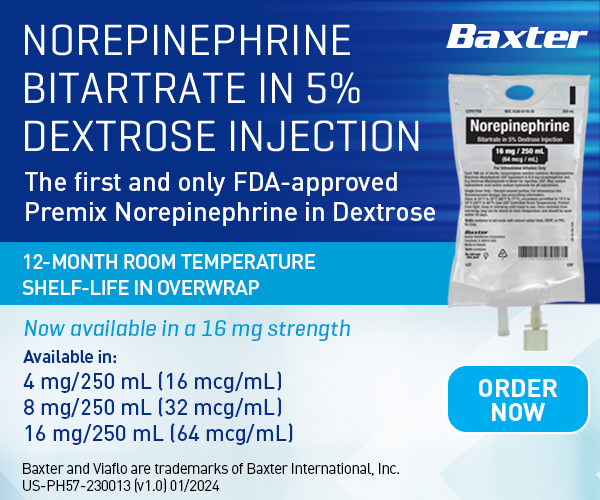BETHESDA, MD — Even though military servicemembers have few traditional risk factors for obstructive sleep apnea, the condition is prevalent in that cohort.
That is why Walter Reed National Military Medical Center-led researchers sought to determine the incidence and longitudinal predictors of OSA in a large population of survivors of combat-related traumatic injury and a matched control group. Results were published in the Journal of Clinical Sleep Medicine.1
To do that, they conducted a retrospective cohort study of military personnel deployed to conflict zones from 2002-2016 with longitudinal follow-up in the VA and MHS. The study team developed two cohorts of servicemembers: (1) those who sustained combat injuries and (2) matched, noninjured participants.
For the study, 17,570 servicemembers were retrospectively analyzed for a median of 8.4 years.
After adjustment, researchers determined that traumatic brain injury (HR 1.39, 95% CI 1.20-1.60), posttraumatic stress disorder (HR 1.24, 95% CI 1.05-1.46), depression (HR 1.52, 95% CI 1.30-1.79), anxiety (HR 1.40, 95% CI 1.21-1.62), insomnia (HR 1.71, 95% CI 1.44-2.02), and obesity (HR 2.40, 95% CI 2.09-2.74) were associated with development of obstructive sleep apnea.
“While combat injury was associated with obstructive sleep apnea in the univariate analysis (HR 1.25, 95% CI 1.17-1.33), the direction of this association was reversed in the multivariable model (HR 0.74, 95% CI 0.65-0.84),” the authors advised. “In a nested analysis, this was determined to be due to the effect of mental health diagnoses.”
The study concluded that the incidence of OSA is higher among injured servicemembers (29.1 per 1,000 person years) compared to uninjured servicemembers (23.9 per 1,000 person years), adding, “This association appears to be driven by traumatic brain injury and the long-term mental health sequela of injury.”
- Haynes ZA, Stewart IJ, Poltavskiy EA, Holley AB, et al. Obstructive sleep apnea among survivors of combat-related traumatic injury: a retrospective cohort study. J Clin Sleep Med. 2021 Jul 16. doi: 10.5664/jcsm.9530. Epub ahead of print. PMID: 34270410.

